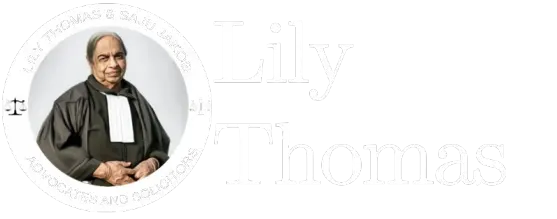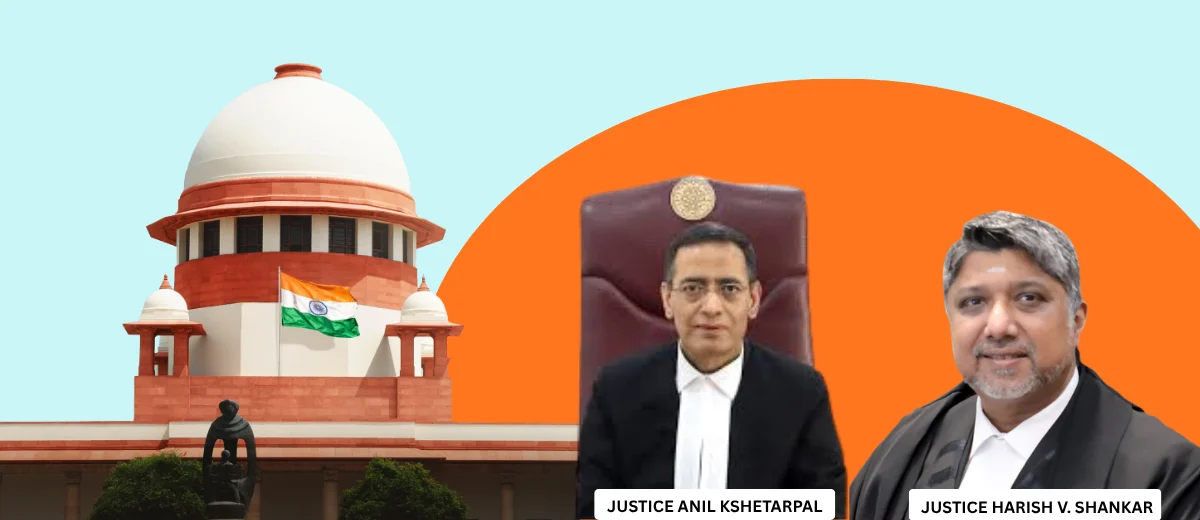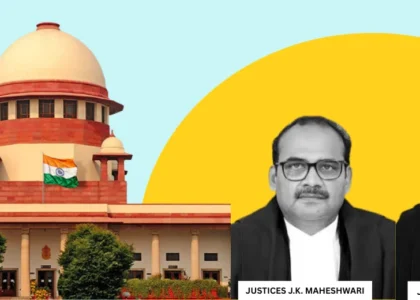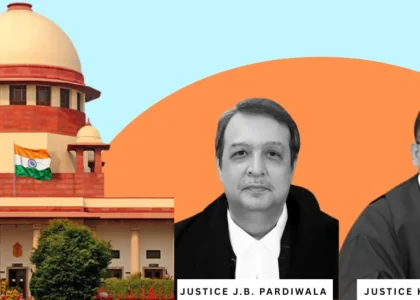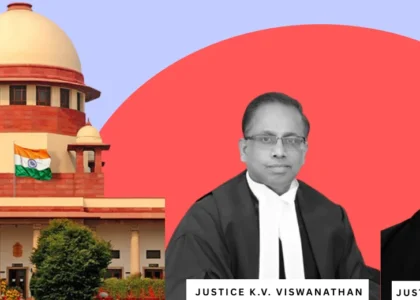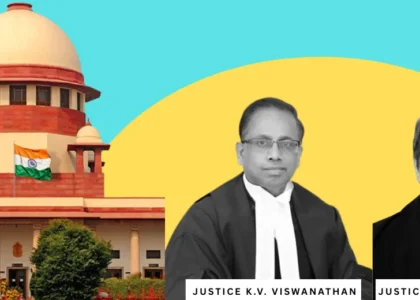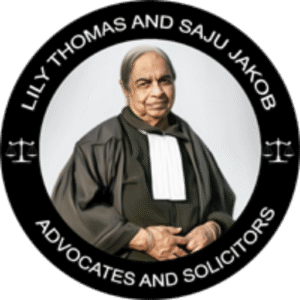Case Title:- COMPETITION COMMISSION OF INDIA vs. GEEP INDUSTRIES & ORS
Citation:- 2025:DHC:9632-DB
Date:- 01.11.2025
Hon’ble Delhi High Court Bench:- JUSTICE ANIL KSHETARPAL and JUSTICE HARISH VAIDYANATHAN SHANKAR
The Hon’ble Delhi High Court has ruled that the Competition Commission of India (CCI) cannot impose interest on penalties with retrospective effect, i.e., from a date before the company officially receives a valid demand notice.
The Hon’ble Court said that under the Competition Commission of India (Manner of Recovery of Monetary Penalty) Regulations, 2011, the process of issuing a demand notice (Regulation 3) and imposing interest for default (Regulation 5) must be followed in order.
The Hon’ble Court clarified that these steps are mandatory and sequential, and the CCI cannot skip or change them. Therefore, charging interest before serving a proper demand notice is illegal.
The Hon’ble Court observed that such retrospective interest would violate constitutional guarantees under Articles 14, 19, 21, 265, and 300A, which protect citizens from arbitrary and unfair executive actions and prevent the collection of any charge without lawful authority.
The Hon’ble Court stressed that levying interest without a legal basis or valid notice would go against the rule of law and the constitutional protection against deprivation of property without authority of law.
The ruling came while the Hon’ble Court was dismissing CCI’s appeal and upholding a single judge’s order in favour of Geep Industries (India) Pvt. Ltd., where the CCI had demanded interest on penalty amounts with retrospective effect.
The Hon’ble Court noted that despite several amendments to the Competition Act, Parliament did not alter the provisions related to the recovery of penalties or the levy of interest indicating a conscious legislative intent to keep the existing procedural safeguards intact.
It said that if Parliament wanted CCI to impose automatic interest from the date of penalty order, it would have clearly mentioned it in the law. The absence of such a provision means that interest can only accrue after a valid demand notice is served.
The Hon’ble Court concluded that under the Act and the 2011 Regulations, interest becomes payable only when a company fails to comply with the demand notice, and it cannot be applied retrospectively using principles like restitution.

